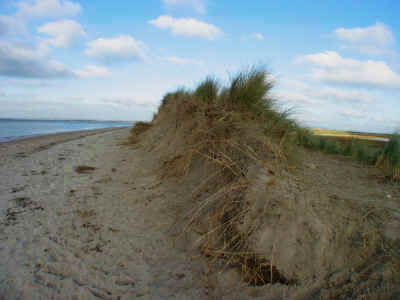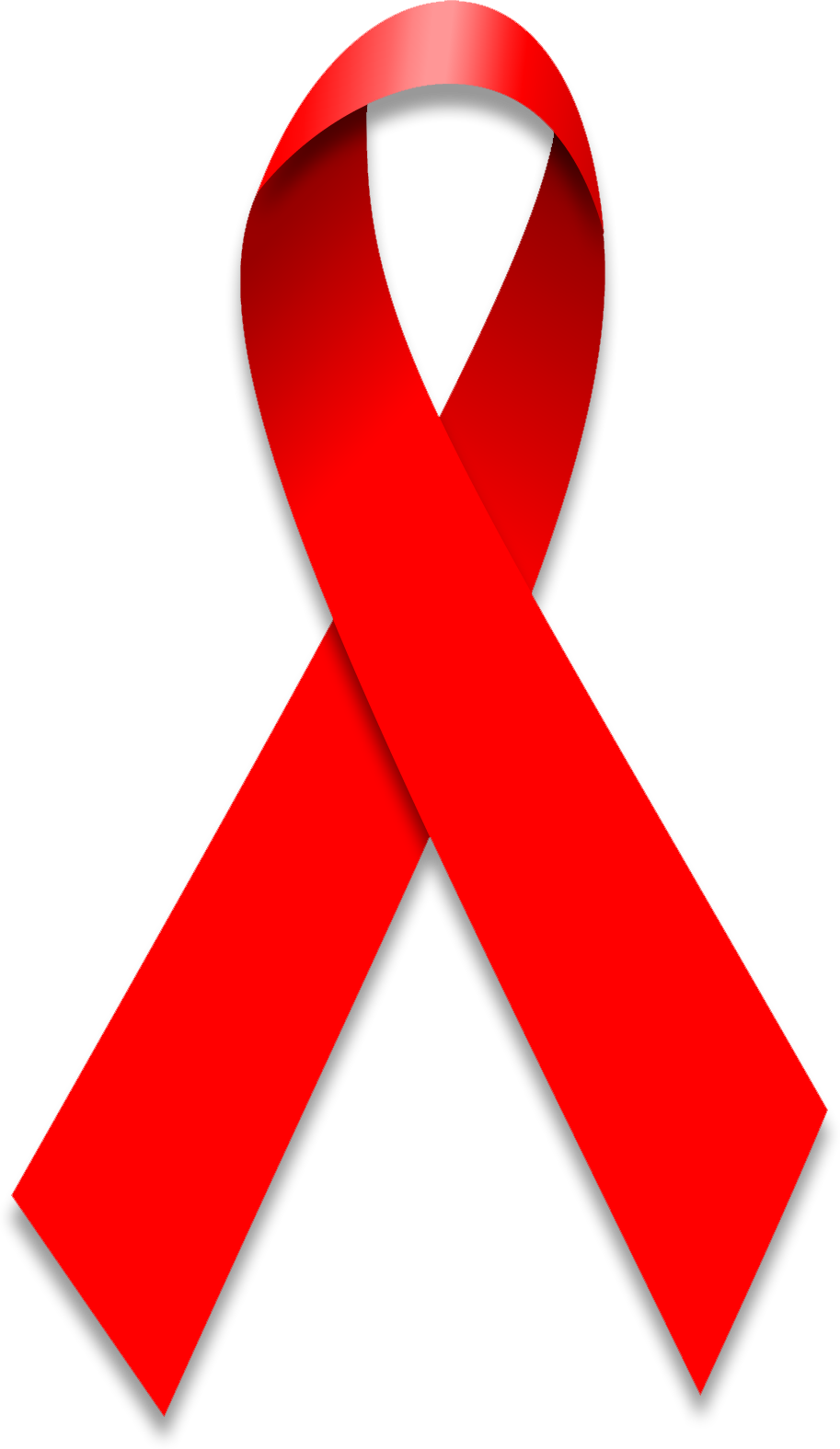
Complete the notes sheets on each biome using the resources I have already given you and the following links which may be useful:
Tropical Rainforest
A nice site with video
Blue Planet biomes
Radford University
Rainforest Action Network
A nice site with video
Blue Planet biomes
Radford University
University of California



















 GCSE requires a case study of an EU farm. We will use
GCSE requires a case study of an EU farm. We will use 
